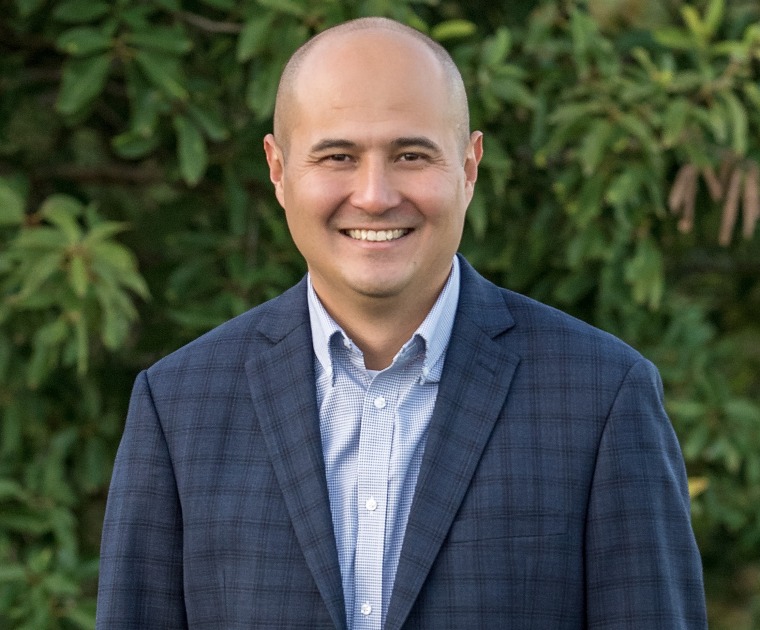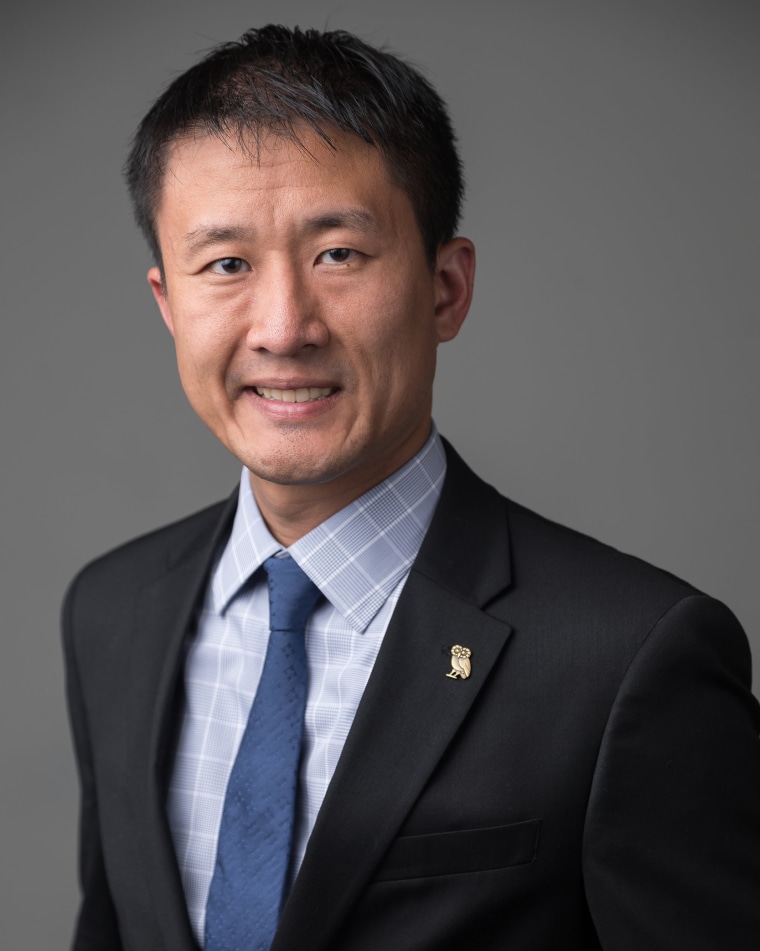State Rep. Rick Miller, R-Texas, dropped out of his re-election bid after facing backlash for racist comments he made about his Asian American challengers earlier this week.
Miller, who represents Fort Bend County, an area with a significant Asian American population, told the Houston Chronicle on Tuesday that his opponent Jacey Jetton, who’s of Korean descent, “decided because he is an Asian that my district might need an Asian to win.” Referring to another Asian American challenger Leonard Chan, whom he had not yet met at the time, Miller told Hearst Newspapers that the opponent “jumped in probably for the same reason.”
“I have no idea who he is. He has not been around Republican channels at all, but he’s an Asian,” he told the outlet.
The incident prompted significant backlash from many in the Asian American community and beyond with Gov. Greg Abbott rescinding his endorsement of Miller. Miller swiftly announced he would not be seeking re-election.

“During a recent interview with the Houston Chronicle, I made some statements that were insensitive and inexcusable,” he said in a statement provided to The Texas Tribune. “In trying to make a point about the campaign I used a poor choice of words that are not indicative of my character or heart.
Miller declined to provide further comment while Jetton did not respond to NBC News’ request.
Chan said in a statement provided to NBC News that he has spoken to Miller, who admitted during their conversation that the comments were “insensitive and inexcusable.”

“He recognized that his comments treated me as someone without legitimate qualifications, ideas, and dedication. I have told others in the past week that I am more than a demographic,” he said in the statement. “I dedicated my life to public service and continuously developed the skills to serve better. I do not expect Asian Americans to vote for me for that reason any more than I expect Catholics to vote for me because I'm Catholic.”
Chan added that he does not believe the remarks should define Miller’s overall character.
“This incident should not discount his service to the community, state, and country nor should it tarnish the issues he champions, such as foster care reform,” the candidate said. “It took courage for him to apologize and do so sincerely, and for that I genuinely respect.”
Demographic data shows that Asian Americans make up 21 percent of Fort Bend’s population. By 2022, that number is expected to jump to 24 percent. John C. Yang, executive director of civil rights nonprofit Asian Americans Advancing Justice | AAJC, noted that Miller’s comments call into question his “ability to represent the entire community and undermined his bid for office.”
Yang explained that the comments reveal a lack of knowledge regarding the diversity in the Asian American community, a group with roots in more than 20 countries. Moreover, the comments imply that Asian Americans only run for office to represent Asian American communities.
“That is simply not true,” he said. “Asian Americans run for office for the same reason as everyone else: to serve the public and to make their community better through that elected office.”
While districts with sizable Asian American populations should be represented by elected officials who are proficient in the community’s “complexity, its strengths, and its needs,” Yang added. While that does not necessarily mean an Asian American needs to serve as the representative, he also noted that it’s important for legislatures to reflect America’s diversity.
“The lack of diverse voices often leads to less informed policy decisions that often further marginalizes people of color and the most vulnerable in our community,” Yang said.
